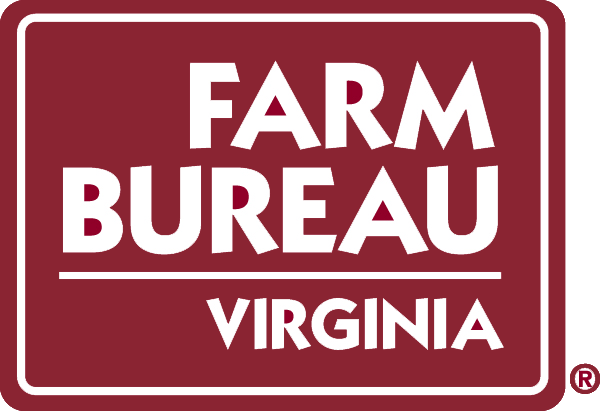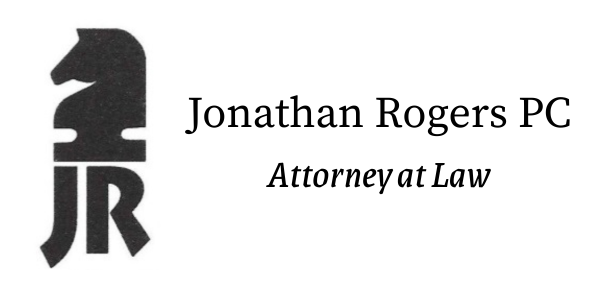Cemetery tour highlights notable figures of Floyd history
After speaking about the layout of the grounds (currently 18 acres) and the changes to the cemetery over the years, Williams led the group through the old part of the cemetery, where important people who influenced the forming and running of Floyd (called Jacksonville at the time) were buried.
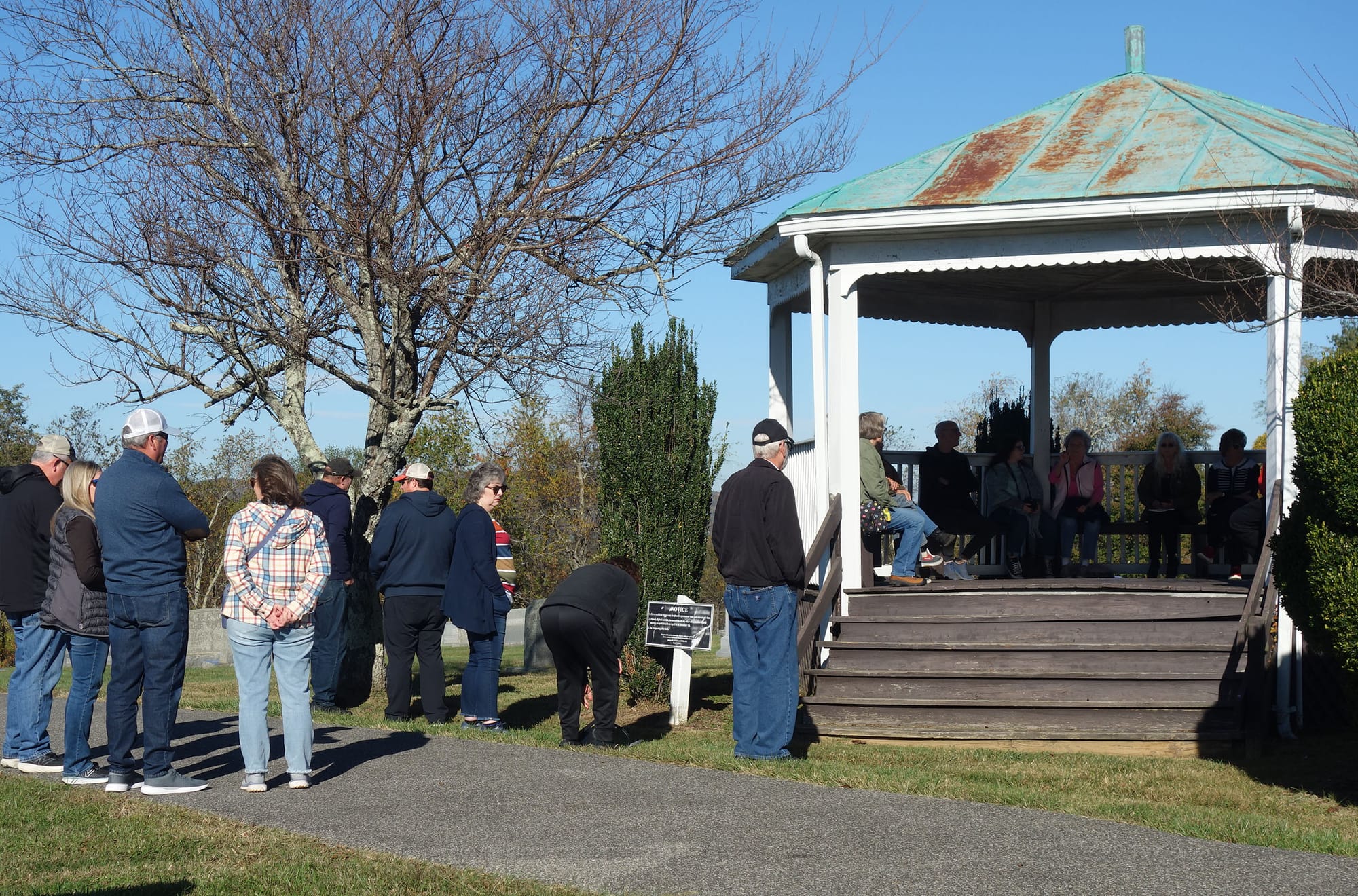
A group of approximately 25 people gathered at the Jacksonville Cemetery gazebo on Saturday, Oct. 18, to tour the old part of the cemetery with Floyd Historical Society President Gino Williams.
When the town was formed in 1832, the first cemetery in the area, other than a church, was the Old Jacksonville Cemetery in town. It became the official cemetery of the town of Floyd in about 1854 and lasted until approximately 1886 when it ran out of room, which was when the Jacksonville Cemetery (also known as the Jacksonville Burial Ground) was formed on an initial two acres, Williams told the group.
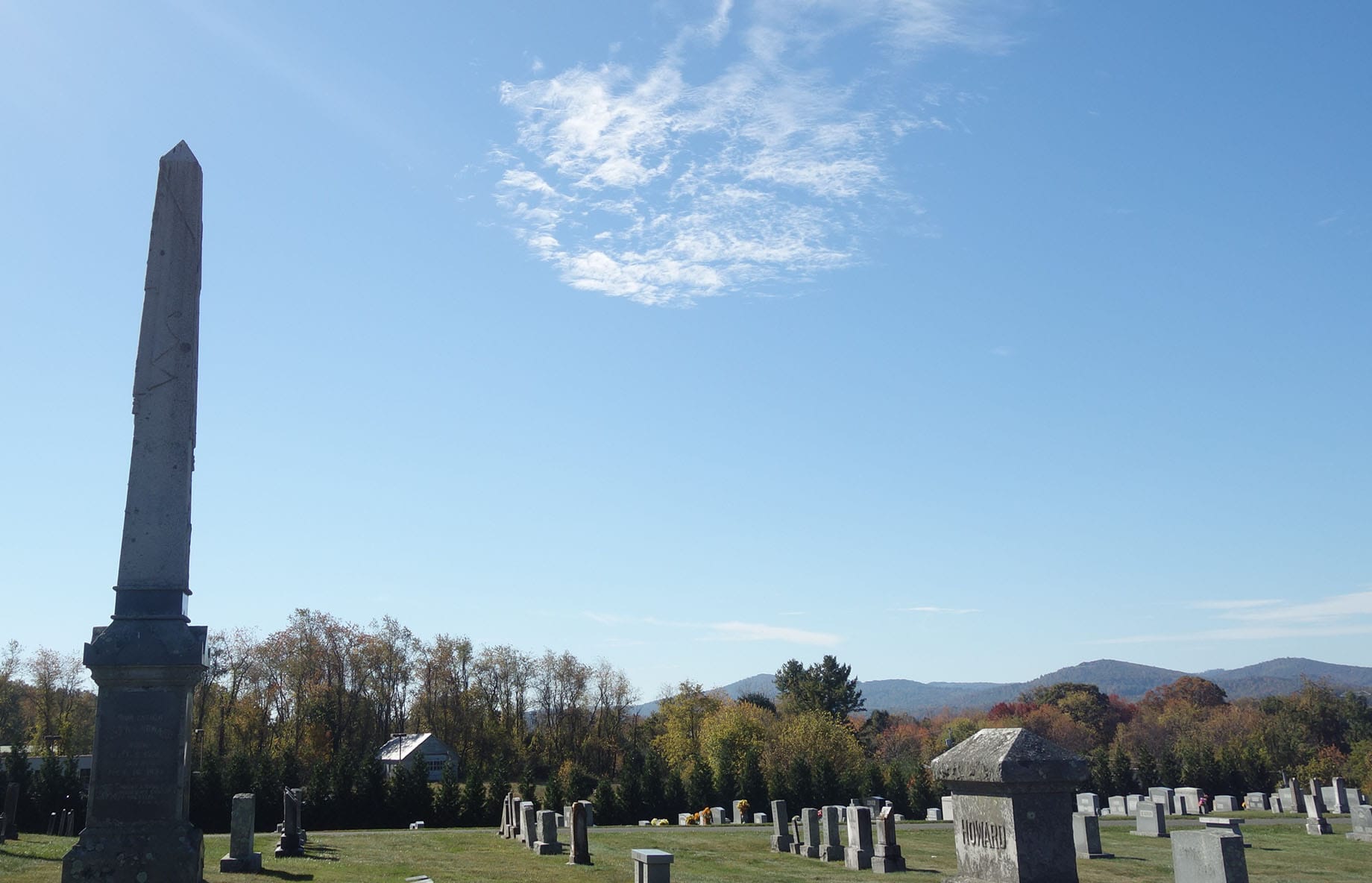
Williams referred to the gazebo as the “Summer House” because that’s what it was called at the time. He explained that citizens wanted part of the cemetery to be used as a park with ornamentation, stating that up until about the end of WWII, cemeteries were used as parks, where people picnicked, enjoyed music, and young people congregated on Sundays.
“At that time, the area just below us was the African American part of town,” Williams said. “The Armstrong School was there by the water tower and the church here was an African American church.”
He explained that the property wasn’t worth much at that time and that the deed allowed for Black citizens to be buried in the cemetery, but only over the hill.
“It was a different time period, post-Civil War, and a lot of things were wrong,” Williams said, adding that Black Floydians moved to the New Town area in the 1920s and established their own cemetery (Big Oak) and church.
Mark J. Harris
Floyd County Farm Bureau
(540) 745-2021
335 E. Oxford St.
Floyd VA 24091
After speaking about the layout of the grounds (currently 18 acres) and the changes to the cemetery over the years, Williams led the group through the old part of the cemetery, where important people who influenced the forming and running of Floyd (called Jacksonville at the time) were buried.
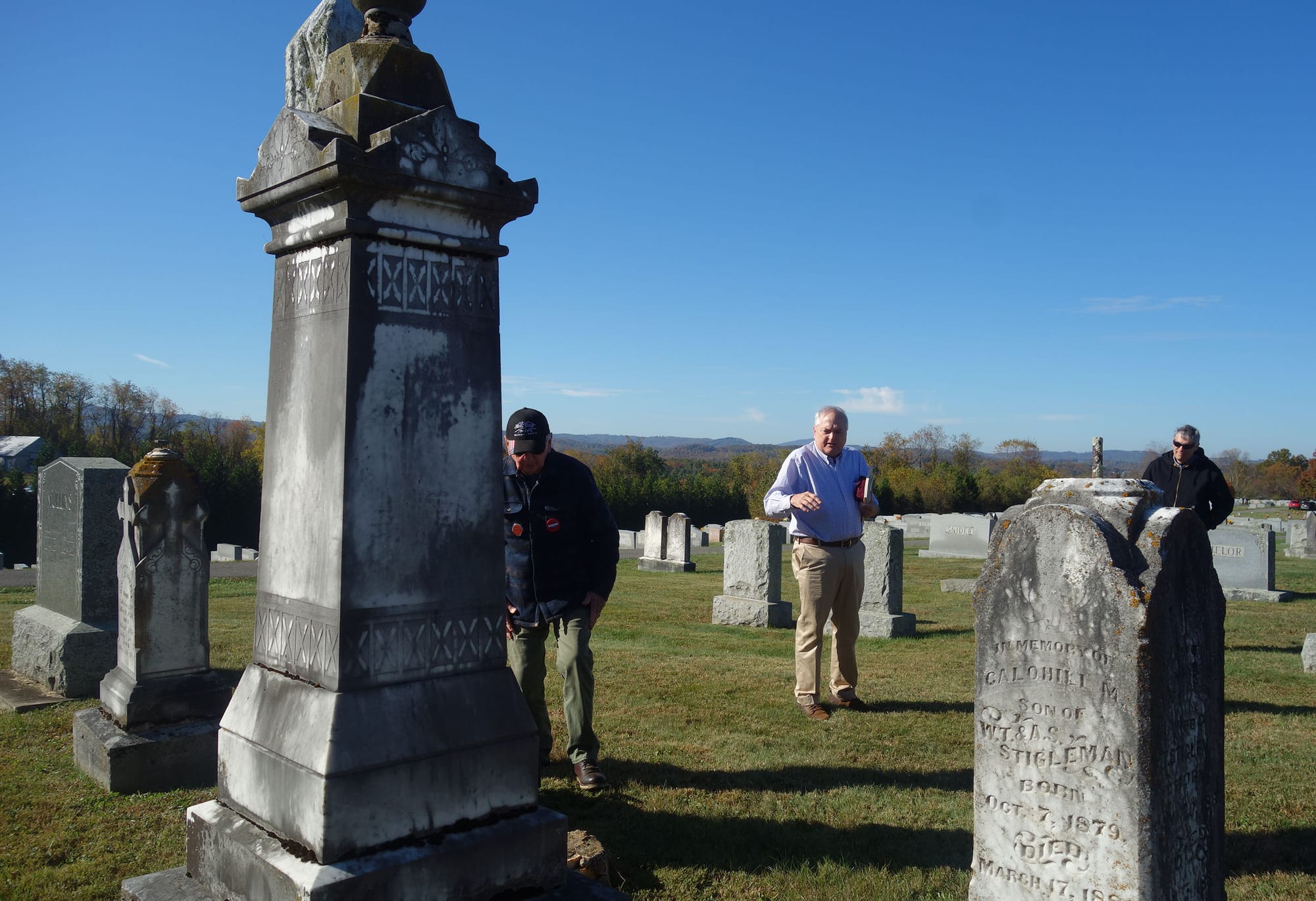
Stopping at the grave of Dr. C. M. Stigleman, a physician, school superintendent, mayor, and Civil War veteran, Williams said, “He was probably one of the three or four most important people in Floyd, in terms of what he did. He was a leader in getting people educated.”
602 East Main Street
Floyd Virginia
540-745-8686

